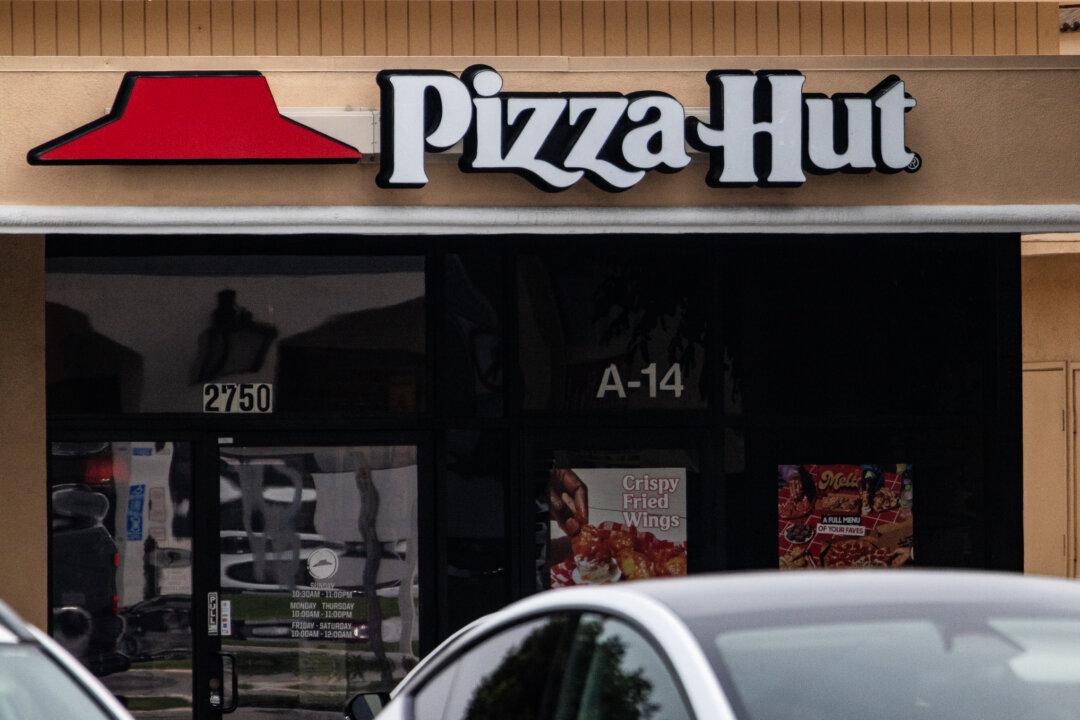Commentary
It’s so predictable. Raise the minimum wage. Kill jobs. Especially for the young and the poor trying to get ahead in life.

It’s so predictable. Raise the minimum wage. Kill jobs. Especially for the young and the poor trying to get ahead in life.